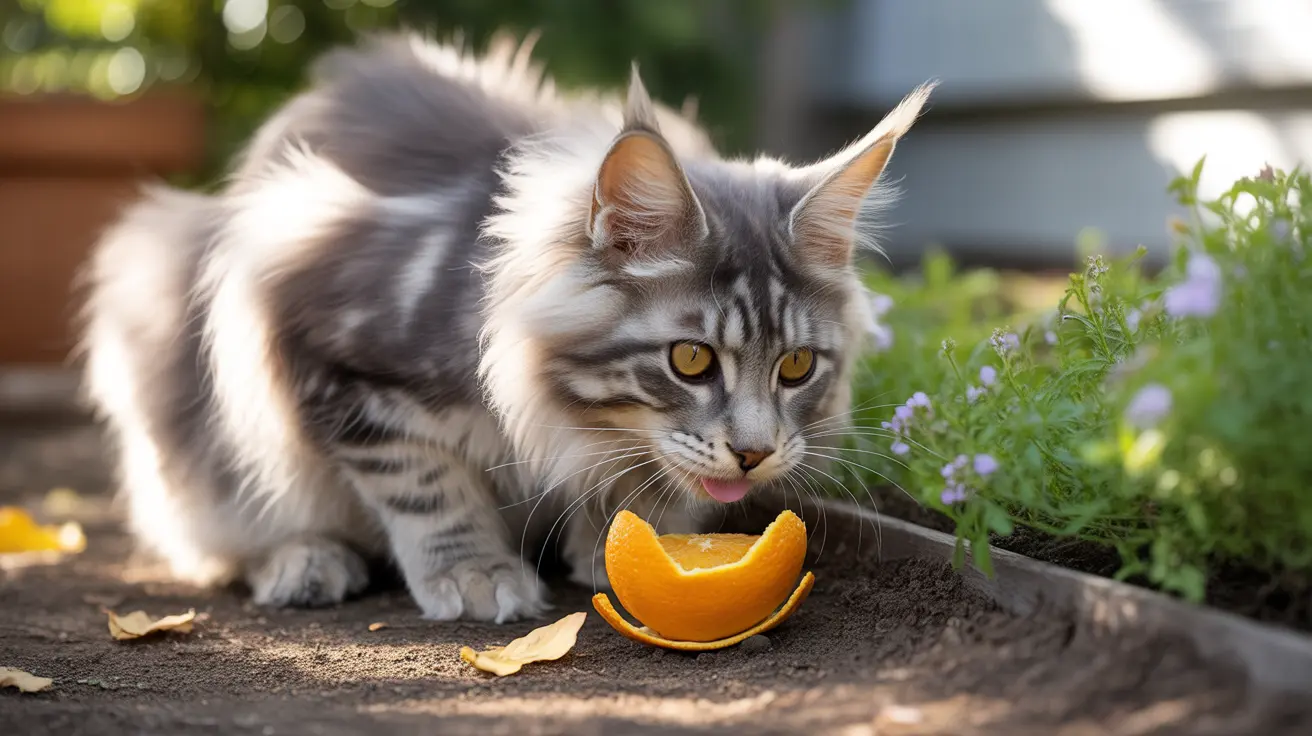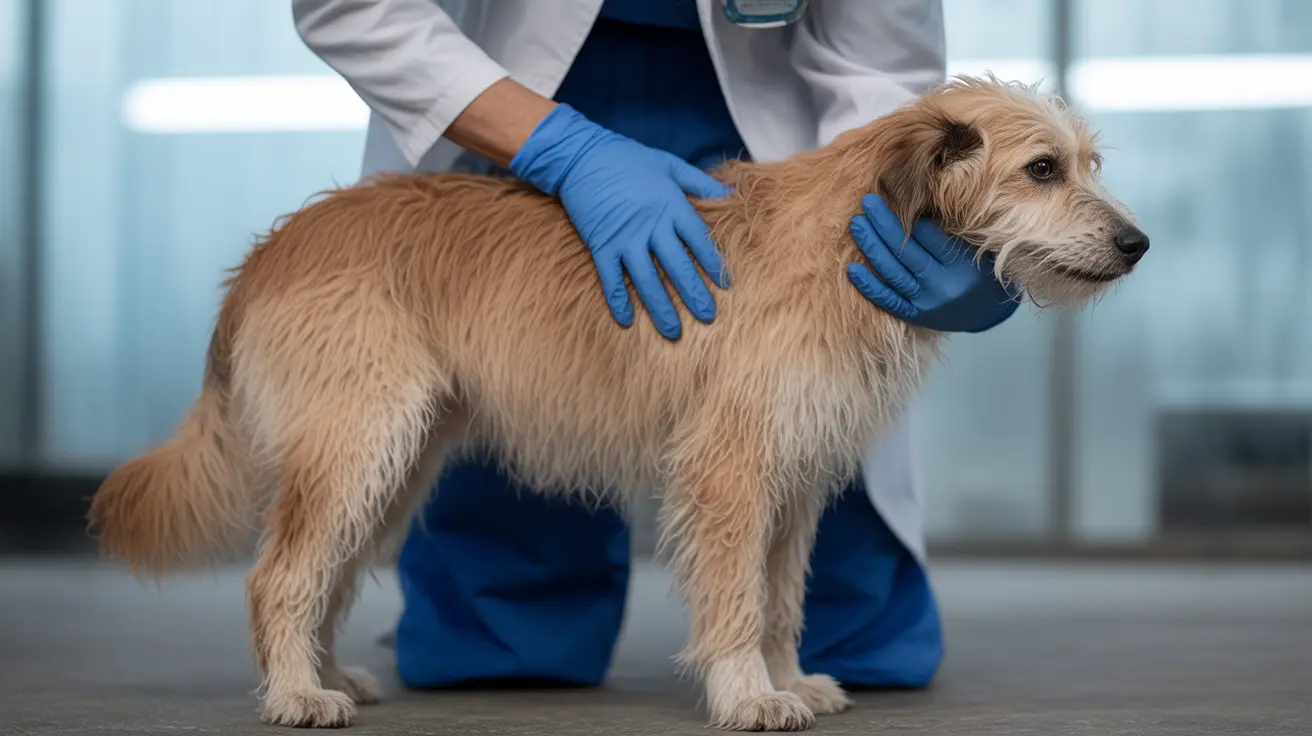Managing wildlife around your property becomes especially challenging when you need to keep raccoons away while ensuring outdoor or feral cats remain comfortable and safe. This comprehensive guide explores proven methods that effectively repel raccoons without disturbing your feline friends.
Understanding the different sensitivities of raccoons and cats allows us to implement targeted deterrent strategies that work specifically against raccoons while remaining harmless to cats. Let's explore these solutions in detail.
Natural Scent Deterrents Safe for Cats
Citrus-Based Solutions
Raccoons have a strong aversion to citrus scents, while most cats simply ignore them. Spraying diluted orange oil or placing orange peels around entry points creates an effective barrier that raccoons will avoid. This method is particularly effective near cat feeding stations or pet doors.
Cucumber and Geranium Plants
Strategic planting can create natural barriers against raccoons. Cucumber plants and geraniums emit scents that raccoons find particularly unpleasant, yet cats generally show no adverse reaction to these plants. Consider creating a perimeter garden using these plants around areas you want to protect.
Physical Deterrent Methods
Motion-Activated Systems
Installing motion-activated sprinklers or lights provides an effective deterrent that specifically targets nighttime visitors like raccoons. Cats who regularly visit your property quickly learn the coverage areas and can easily avoid these devices, while raccoons remain startled by the unexpected activation.
Specialized Feeding Stations
Creating elevated feeding stations that cats can easily access but raccoons cannot reach helps maintain a raccoon-free zone. Consider installing smooth-sided platforms or using specialized feeders that only open for microchipped cats.
Safe Chemical Deterrents
Soap-Based Solutions
Irish Spring soap, when properly distributed around your property's perimeter, creates an effective raccoon barrier. Grate the soap or place small chunks in mesh bags near entry points. This method has proven effective against raccoons while remaining non-offensive to cats.
Mild Pepper Solutions
A light sprinkling of crushed red pepper or cayenne pepper around specific areas can deter raccoons without causing discomfort to cats, provided it's not applied directly to areas where cats might groom or walk extensively.
Prevention and Management Strategies
Securing Food Sources
Implement strict feeding schedules for outdoor cats, preferably during daylight hours when raccoons are less active. Remove any uneaten food within 30 minutes and store pet food in sealed containers inside secure structures.
Access Control
Install specialized pet doors that only allow access to microchipped cats. These technological solutions effectively prevent raccoon entry while maintaining convenient access for your feline visitors.
Best Practices for Long-Term Success
Combine multiple deterrent methods for the most effective results. Rotate between different techniques to prevent raccoons from becoming acclimated to any single method. Regular monitoring and maintenance of your chosen solutions ensure continued effectiveness.
Frequently Asked Questions
What are the safest natural repellents to deter raccoons without harming cats?
Citrus oils, cucumber plants, and Irish Spring soap are among the safest natural repellents. These options effectively deter raccoons while remaining harmless to cats.
How can I modify my cat door to keep raccoons out while still allowing my cat to enter?
Install a microchip-activated or magnetic cat door that only responds to your cats' unique identifiers. These specialized doors prevent raccoon entry while maintaining easy access for authorized pets.
Will using citrus or peppermint oils effectively repel raccoons without bothering my cat?
Yes, citrus oils are particularly effective against raccoons while most cats remain indifferent. Use peppermint oil sparingly and in diluted form, as strong concentrations might irritate sensitive cats.
What are some effective strategies to secure outdoor cat food from raccoons?
Feed cats during daylight hours, remove uneaten food promptly, and store pet food in sealed containers. Consider using elevated feeding stations that raccoons cannot access.
Can motion-activated sprinklers or other non-chemical deterrents be used to keep raccoons away from my cat's outdoor areas?
Yes, motion-activated sprinklers and lights are effective deterrents that cats quickly learn to avoid while continuing to startle raccoons. Position these devices strategically to protect specific areas while leaving safe passages for cats.






